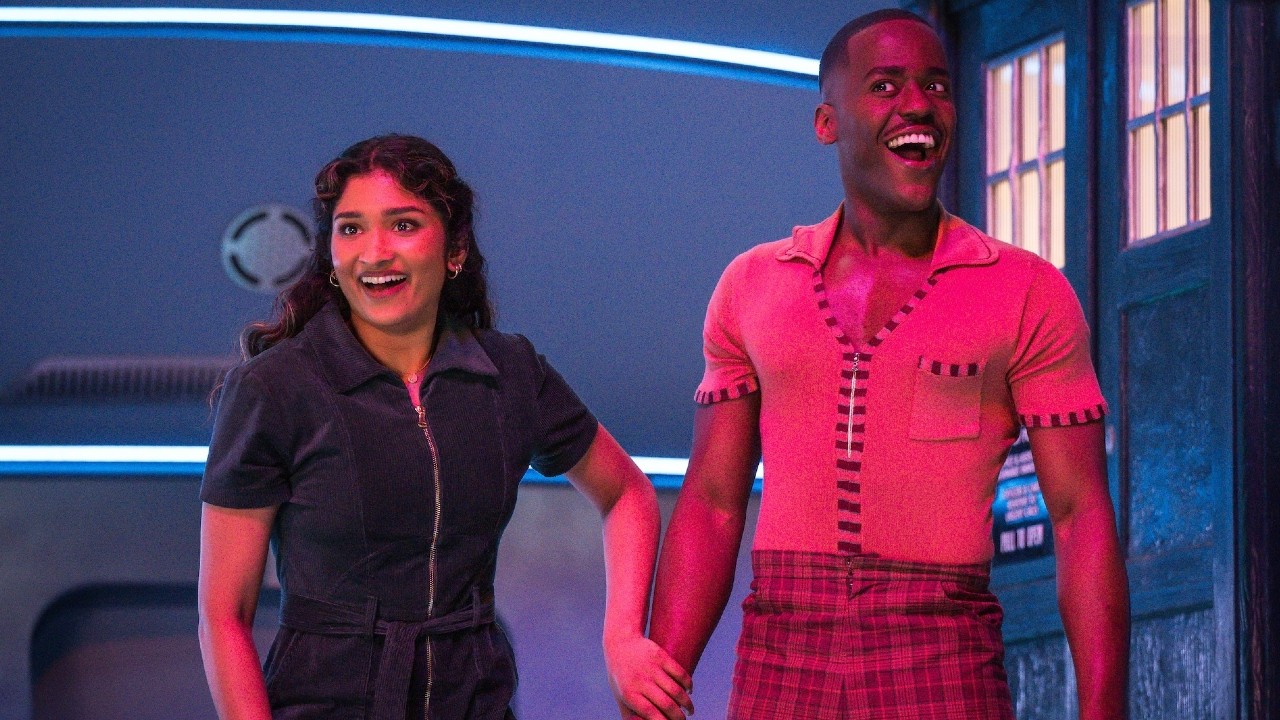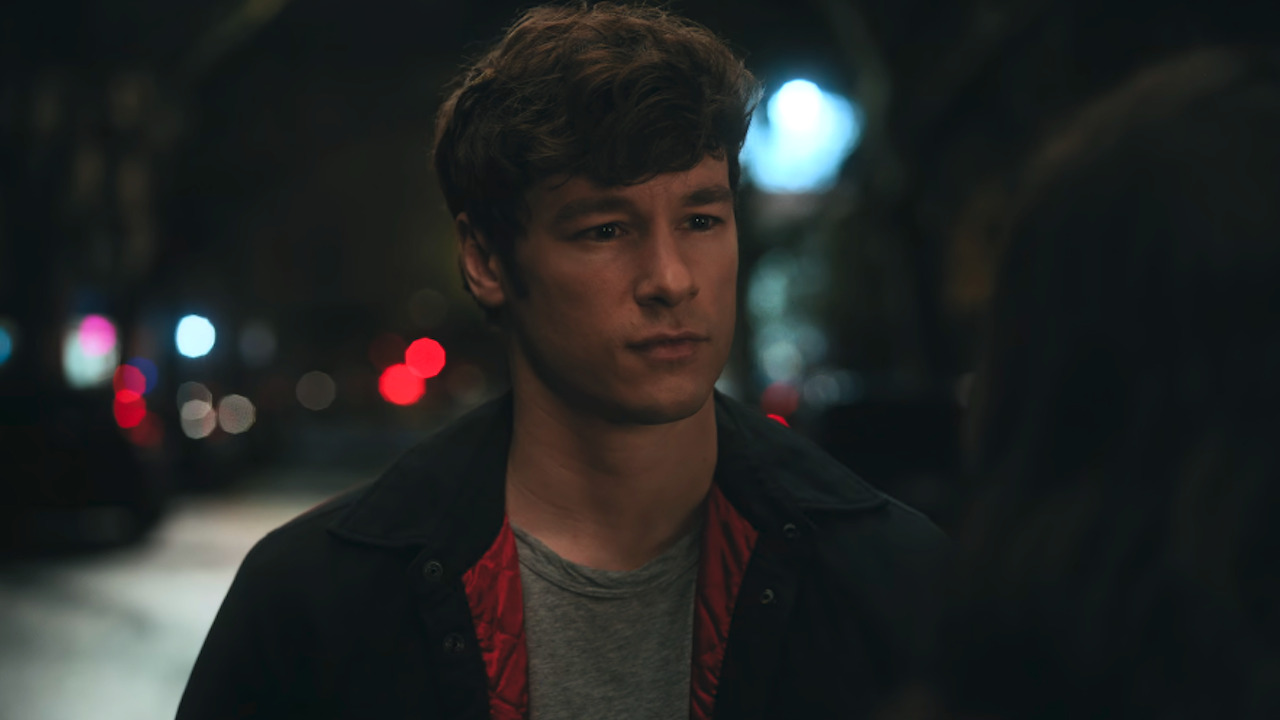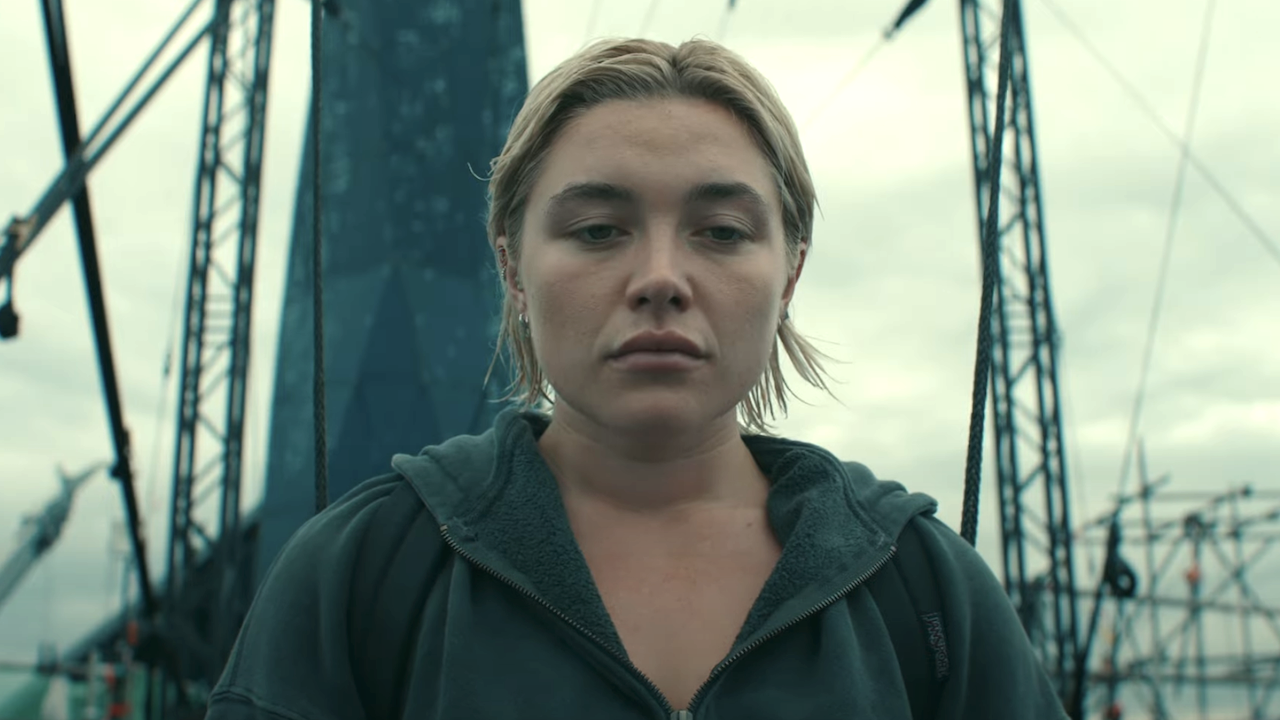Study Says SpongeBob Poses Danger To Kids: How Seriously Should Parents Take This?

SpongeBob SquarePants was recently renewed for a 10th season. If a recent study in the journal, Pediatrics, is right about its brain numbing-content, there are already 200 irresponsible episodes of the program available, with more on the horizon. That could mean bad news for parents who don’t monitor their children’s TV content.
In the Pediatrics study, 60 four-year-olds were tasked to either draw pictures, watch the interactive learning program Caillou, or watch SpongeBob SquarePants. The kids mental abilities were tested immediately after the activity and unsurprisingly, the study showed those children who watched SpongeBob had lower test scores.
THR has noted previous studies have linked long-term TV watching to attention span levels, but the Pediatrics findings take the idea into a new ballpark, stating it is fast-paced television that’s the real problem.
Here’s the thing: I hope no one is arguing that fast-paced cartoons are helping children to develop or function at a higher level. SpongeBob SquarePants is not interactive like the PBS program Calliou and it is not meant to be a learning tool. It’s entertainment, and, as Nickelodeon curtly mentioned in response to the study, SpongeBob is not geared toward preschool-aged children, at all. It is meant as an entertaining program for grade-school aged kids. The three activities used in the study are not even comparable, and the sample pool is small.
Should parents be aware of how much time kids put into watching TV versus physical activity and homework, etc.? Yes, but like adults, kids need some time to chill out, too. After a whole day of school, homework, after-school activities and dinner with the family, kids and their overactive brains deserve an hour or two to do whatever relaxing activity they want. Even if that means vegging out on the couch to watch the action-based SpongeBob.
Lead author of the study, Angeline Lillard, believes programs like SpongeBob Squarepants can be detrimental to a child’s ability to learn directly after watching. She said:
"I wouldn't advise watching such shows on the way to school or any time they're expected to pay attention and learn.”
That might be the most sound – and blatantly obvious - advice the study can offer. Too bad it spends the rest of its time bloviating about the dangers of SpongeBob.
CINEMABLEND NEWSLETTER
Your Daily Blend of Entertainment News
This poll is no longer available.









